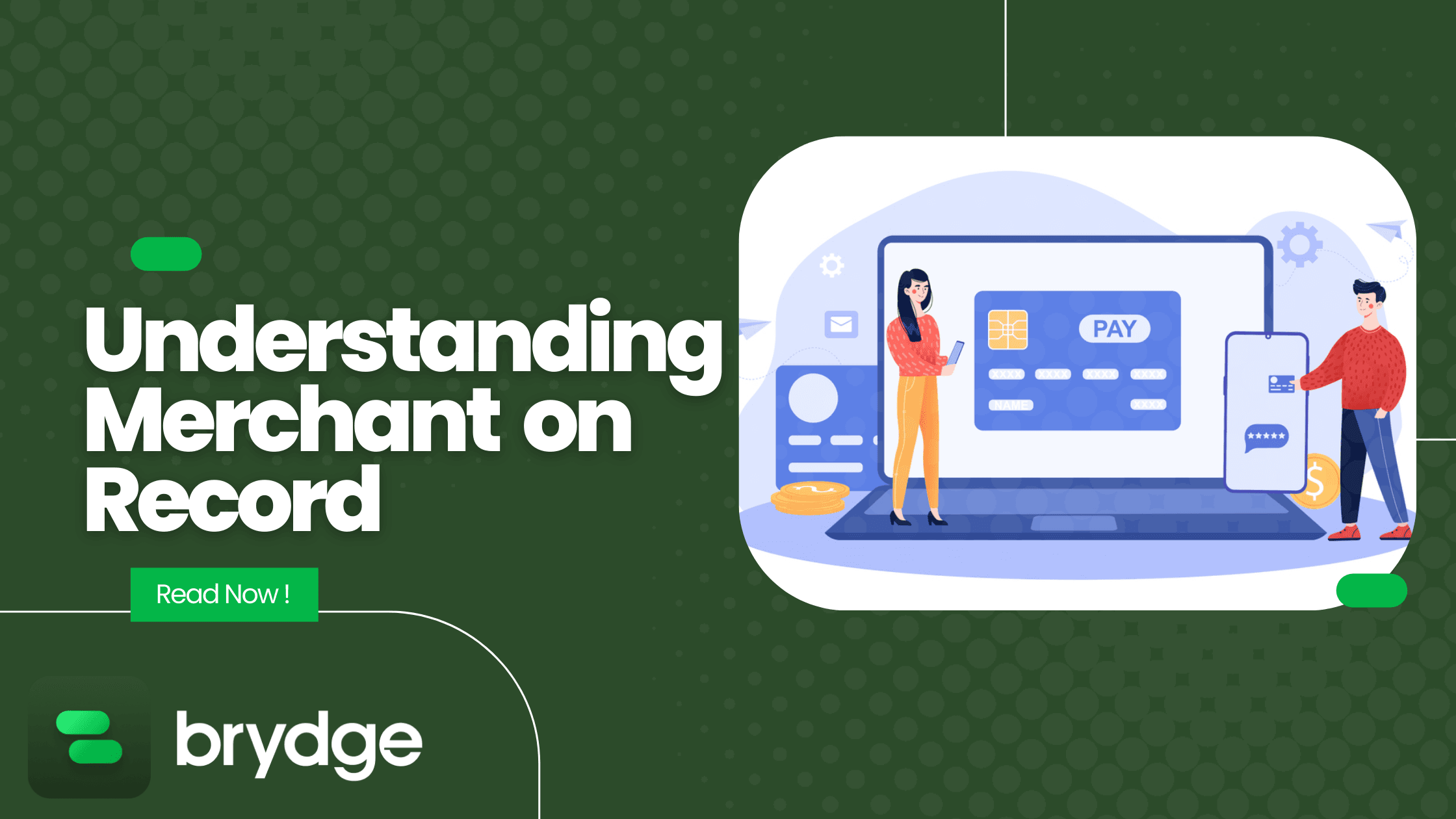
3 min read
Kehinde
Manager, Product Marketing
The African Continental Free Trade Area (AfCFTA) offers a historic chance for trade within Africa. It seeks a unified market that stretches from Cairo to Cape Town and Kano, allowing the free flow of people, goods, and services.
For entrepreneurs, it’s a dream of accessing over a billion new customers. For those who have tried to do business across African borders, the reality can be a nightmare. The processes are often complex and fragmented.
You face currency conversion issues, tricky tax laws, unexpected customs fees, and the ongoing risk of payment failures.
While the AfCFTA provides the policy framework for trade, a powerful operational tool is needed to make this dream a reality.
Merchant of record (MoR) is one of the most effective ways African business can use to ease the burden associated with intra-African trade.
A Merchant on Record (MoR) is a legal entity. It takes on all financial and legal duties for selling to customers on your behalf.
Think of an MoR as your business's financial and legal co-pilot for every cross-border transaction. You, the pilot, focus on what you do best: creating and supplying great products to your customers.
The MoR expertly handles the complex process of cross-border payment. It also manages tax laws, compliance, and currency conversions. This ensures funds arrive safely and on time.
The core function is this: for that specific transaction, the MoR becomes the "seller" in the eyes of the law and the banks, assuming all the associated liability. This single shift is what unlocks seamless global commerce.
Many African businesses are familiar with Payment Service Providers (PSPs) or payment gateways. They are essential tools, but their role is fundamentally different from an MoR's. A PSP is like a secured armored truck that moves money from your customer's bank to yours. An MoR on the other hand is the entity that owns the entire financial logistics and security operation for that journey.
Here’s a clear breakdown:
Working with an MoR helps you handle complex and resource-intensive parts of international trade.
This allows you to focus on delivering the goods to the customer across the border instead of getting bogged down in administration.
While the benefits of an MoR are global, they are especially crucial for the unique challenges present in the African market.
Brydge emerges not just as an MoR, but the all in one platform for intra-Africa-trade that enables end-to-end trade across Africa from sourcing to settlement.
Here’s how Brydge directly addresses the pain points of intra-African trade:
Brydge Solution: Brydge enables instant cross-border settlement in local currencies. A Nigerian business can pay in Naira, and their Kenyan supplier receives Kenyan Shillings instantly. Brydge handles all the complex FX conversion and settlement tasks behind the scenes. This way, a cross-border trade feels just like a simple domestic trade.
Brydge Solution: As your MoR, Brydge takes on the full compliance burden for each business transaction. From calculating the correct VAT to ensuring adherence to local trade laws, Brydge acts as your shield against regulatory complexity.
Brydge Solution: Brydge is more than a payment facilitator; it's a trusted trade ecosystem. It provides access to a network of verified suppliers, buyers, and logistics partners. This solves the critical problem of trust and simplifies the entire supply chain, from sourcing to delivery.
Brydge is your trusted partner. It makes complex transactions simple and secure. No matter the currencies or regulations, Brydge turns everything into one straightforward deal for your business.
The AfCFTA has opened the door to a continent of opportunity. But to walk through that door and truly scale, businesses need more than just a payment button. They need a true partner to absorb the immense complexity of intra-African trade.
Brydge is that one partner you need for any intra-Africa trade. We handle all the complexity associated with payments, compliance, taxes, and liability, so that you can focus on what you do best: build your business.
Ready to simplify your cross-border trade? Explore how Brydge can be your Merchant on Record today.